
U.S. auto sales up 7.5% in 1Q despite rising loan rates
Supplies improved and sky-high prices eased a bit while the global shortage of computer chips started to wane. To keep sales rolling, automakers might have to offer subsidized loan rates.

Supplies improved and sky-high prices eased a bit while the global shortage of computer chips started to wane. To keep sales rolling, automakers might have to offer subsidized loan rates.

The company plans to create 250 jobs over the next five years in Noblesville with an average salary of $67,000 and retain and relocate 400 employees to the new corporate campus.
A court-appointed monitor declared challenger Shawn Fain the winner over incumbent Ray Curry. Fain’s slate of candidates won control of the big union, as workers rejected most incumbents in the wake of a bribery and embezzlement scandal.
History: Evansville-based Berry Global Inc. is a behemoth—it has some 46,000 global employees and 333 manufacturing facilities around the world that make everything from cosmetics packaging to medicine bottles to industrial shrink-wrap. But one of its most visible products is its thermoform drink cups found at many restaurant chains. During its 2022 fiscal year, the […]

The Indianapolis company specializes in selling vintage-themed T-shirts to fans of 150 universities, and surprising storylines have become a sure thing in the 68-team NCAA tournament.

Ford Motor Co.’s electric vehicle business has lost $3 billion before taxes during the past two years and will lose a similar amount this year as the company invests heavily in the new technology. Those figures were released Thursday as Ford rolled out a new way of reporting financial results.
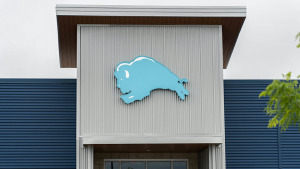
Pet food manufacturer Blue Buffalo Co. Ltd. plans a 169,000-square-foot addition to boost processing operations and warehouse capacity. As part of the expansion, the company plans to add up to 60 jobs by the end of 2024.

The Lebanon Plan Commission voted unanimously Monday to approve Eli Lilly and Co.’s development plan for its two manufacturing facilities in Boone County.
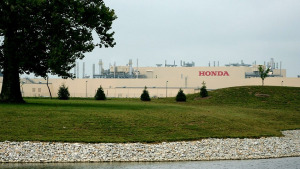
The move of Accord production to Greensburg comes as Honda prepares for the production of electric vehicles and components primarily at facilities in Ohio.

Cummins brought in $176 million—a tiny fraction of its overall revenue—from its electric and hydrogen products last year. But the company expects revenue to hit as much as $13 billion in 2030.

The rebranding is an attempt to differentiate what until now had been known as Cummins’ New Power business unit, giving it a separate identity from the rest of the 104-year-old company, which has traditionally been known for its diesel engines.

Spinoff Atmus Filtration Technologies was originally founded in 1958 as the Seymour Filtration Co., based in Seymour, Indiana, with a single filter production line to support Cummins diesel engines.
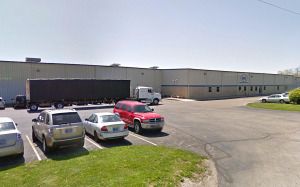
Parker Lord plans to migrate 102 employees from its 214,000-square-foot existing facility at 5101 E. 65th St. and hire another 55 at the new facility in Lawrence.
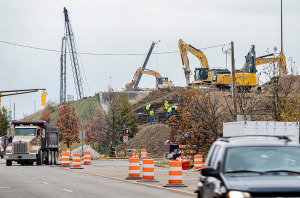
The initiative intended to promote domestic manufacturing and fuel a blue-collar renaissance is running into a problem: The United States no longer produces many of the items needed to modernize roads, bridges and ports.
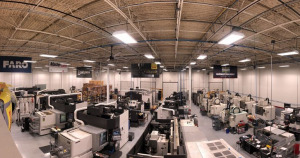
The expansion, which involves additional equipment at the existing facility and a new 32,500-square-foot building, is expected to increase employment by 42 workers.

The company has made personalized cases for professional skateboarder Tony Hawk out of his old skateboard decks. Other customers include “Today” show weatherman Al Roker and Styx drummer Todd Sucherman.
The latest data—released Wednesday—underscores how a combination of rising interest rates, waning demand for merchandise, and economic uncertainty are weighing on factory activity.

A Chicago-based building-enclosure manufacturer that dropped plans to construct a $9.3 million plant in northwest Indiana has instead taken up shop in Indianapolis and already hired 70 workers.

Logansport-based Fiberglass Freaks specializes in building detailed replicas of the 1966 Batmobile, complete with a Batphone. The cars sell for $299,999.

The company plans to create 250 new jobs over the next five years in Noblesville and retain and relocate 400 employees to the 580,000-square-foot complex.